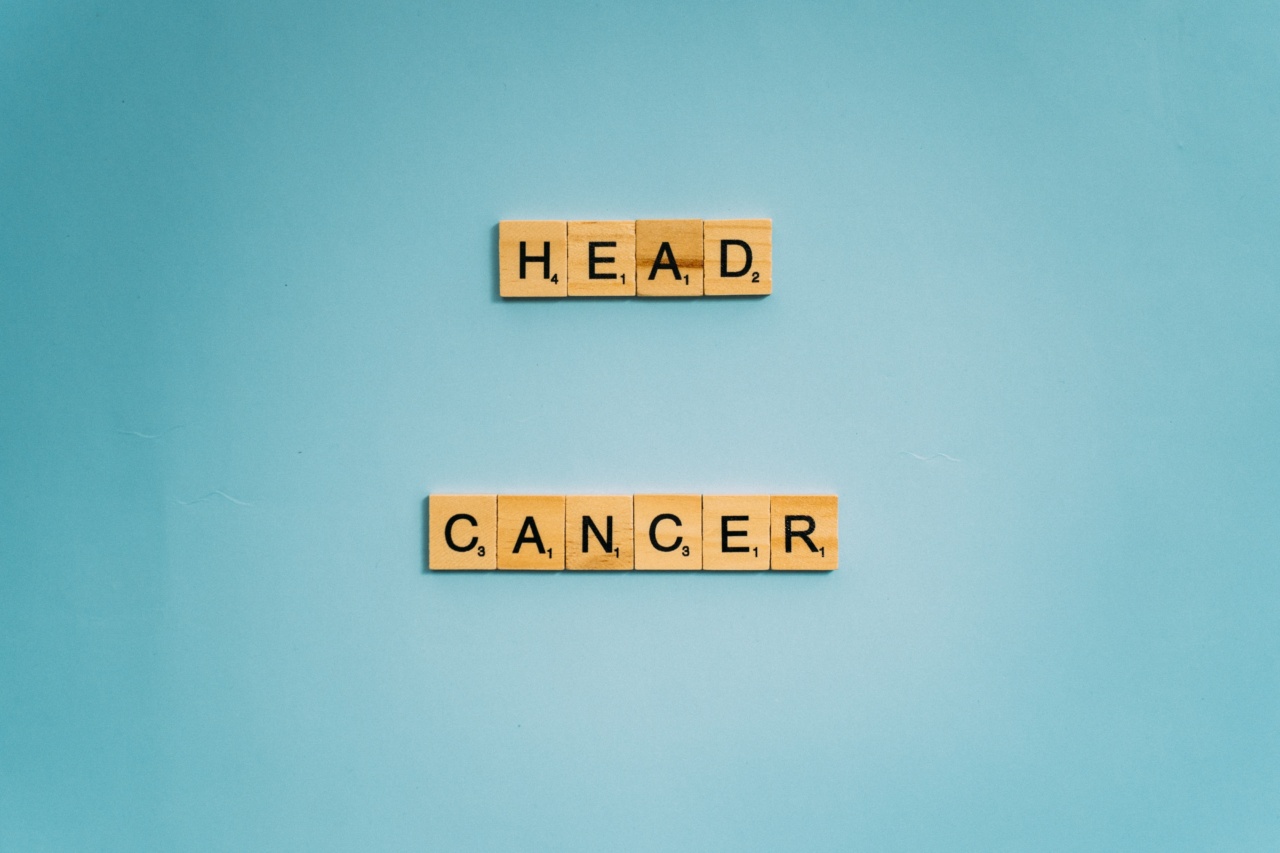Head and cervical cancer are two different types of malignancies that affect the human body. While head cancer primarily impacts the oral cavity, throat, and nasal passages, cervical cancer specifically targets the cervix, the lower part of the uterus.
Both these types of cancer can significantly impact a person’s life but with early detection, appropriate treatment, and a positive attitude, it is possible to survive and thrive even after a diagnosis of head or cervical cancer. This article aims to provide information and support to individuals facing these challenges.
Understanding Head Cancer
Head cancer refers to the abnormal growth of cells in the head and neck region. It includes cancers of the mouth, tongue, lips, throat, salivary glands, and nasal passages.
Head cancer often presents with symptoms like persistent sores in the mouth, difficulty swallowing, changes in voice, and swollen lymph nodes. It is crucial to be aware of these symptoms, as early detection can greatly contribute to successful treatment.
Diagnosis and Treatment
If you suspect you may have head cancer, the first step is to consult a healthcare professional, such as an otolaryngologist or an ear, nose, and throat (ENT) specialist.
They will conduct a thorough examination and may recommend further tests, including biopsies, imaging scans, or blood tests. Once a diagnosis is confirmed, the treatment plan will depend on the stage of cancer and other individual factors. Treatment options may include surgery, radiation therapy, chemotherapy, targeted therapy, or a combination of these approaches.
Coping with Head Cancer
A diagnosis of head cancer can be emotionally challenging, but it is essential to maintain a positive mindset throughout the treatment journey.
Seeking support from loved ones, joining support groups or online communities, and engaging in activities that bring joy can all help cope with the emotional and psychological aspects of battling head cancer. It is important to communicate openly with healthcare providers about any concerns, side effects, or discomfort experienced during treatment.
Understanding Cervical Cancer
Cervical cancer is mainly caused by infection with certain types of human papillomavirus (HPV), a common sexually transmitted infection. This type of cancer usually develops slowly over time, and its early stages may not present any noticeable symptoms.
Regular screenings, such as Pap smears or HPV tests, are vital in detecting cervical cancer in its early stages when it is most treatable. Symptoms that can be experienced as the cancer progresses may include irregular bleeding, pelvic pain, and discomfort during intercourse.
Diagnosis and Treatment
If cervical cancer is suspected, a gynecologist will perform a thorough examination and may recommend further tests, such as colposcopy, biopsy, or imaging scans.
The stage of cancer will determine the appropriate treatment plan, which may include surgery, radiation therapy, chemotherapy, immunotherapy, or targeted therapy. In cases where the cancer is detected early, less invasive procedures may be sufficient to remove or destroy the cancerous cells.
Coping with Cervical Cancer
Receiving a cervical cancer diagnosis can be overwhelming, but it is crucial to remember that many individuals have successfully fought this disease. Coping with cervical cancer involves not only physical care but also emotional support and self-care.
Surrounding yourself with a strong support system, seeking counseling or therapy, and engaging in stress-reducing activities such as meditation or gentle exercise can all contribute to overall well-being during treatment and recovery.
Lifestyle Changes and Prevention
Living a healthy lifestyle can greatly reduce the risk of developing head and cervical cancer. Avoiding tobacco products, limiting alcohol consumption, practicing safe sex, and getting vaccinated against HPV are all important preventive measures.
Additionally, maintaining a balanced diet rich in fruits, vegetables, and whole grains, as well as regularly exercising, can help strengthen the immune system and reduce the overall risk of cancer.
Regular Check-ups and Follow-ups
After completing treatment for head or cervical cancer, it is vital to continue regular check-ups and follow-ups with healthcare professionals.
These appointments allow for monitoring any potential recurrence or side effects and for addressing any concerns or questions. Adhering to the recommended follow-up schedule can contribute to maintaining good long-term health and overall well-being.
Conclusion
A diagnosis of head or cervical cancer is undoubtedly life-altering, but it is important to remember that cancer does not define an individual.
With early detection, appropriate treatment, emotional support, and a positive mindset, many people have successfully survived and overcome head and cervical cancer. It is essential to seek medical advice, make informed decisions about treatment, and prioritize self-care to maximize the chances of a full recovery and a fulfilling life.




























